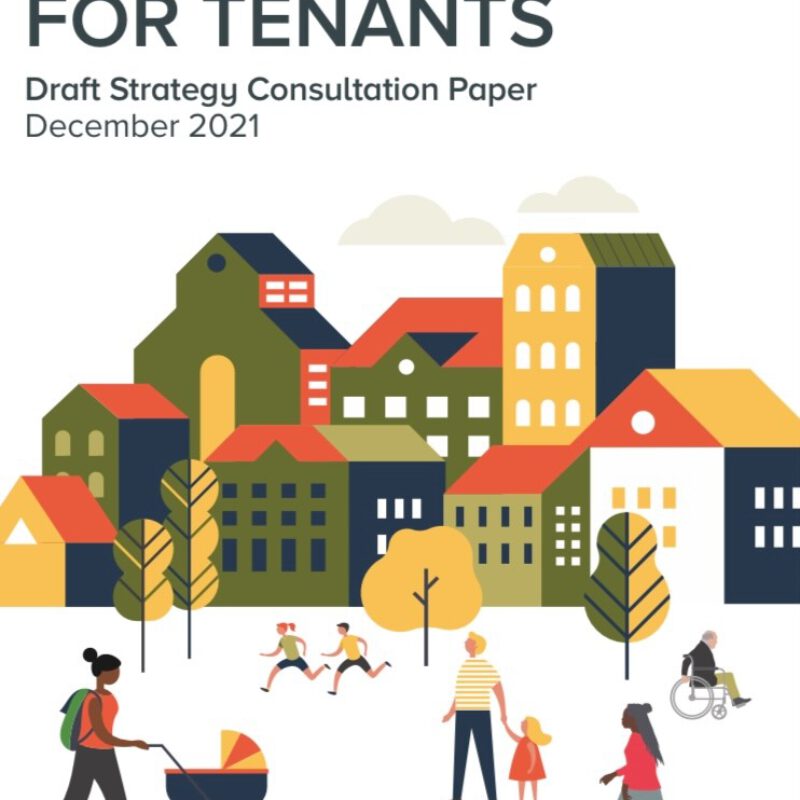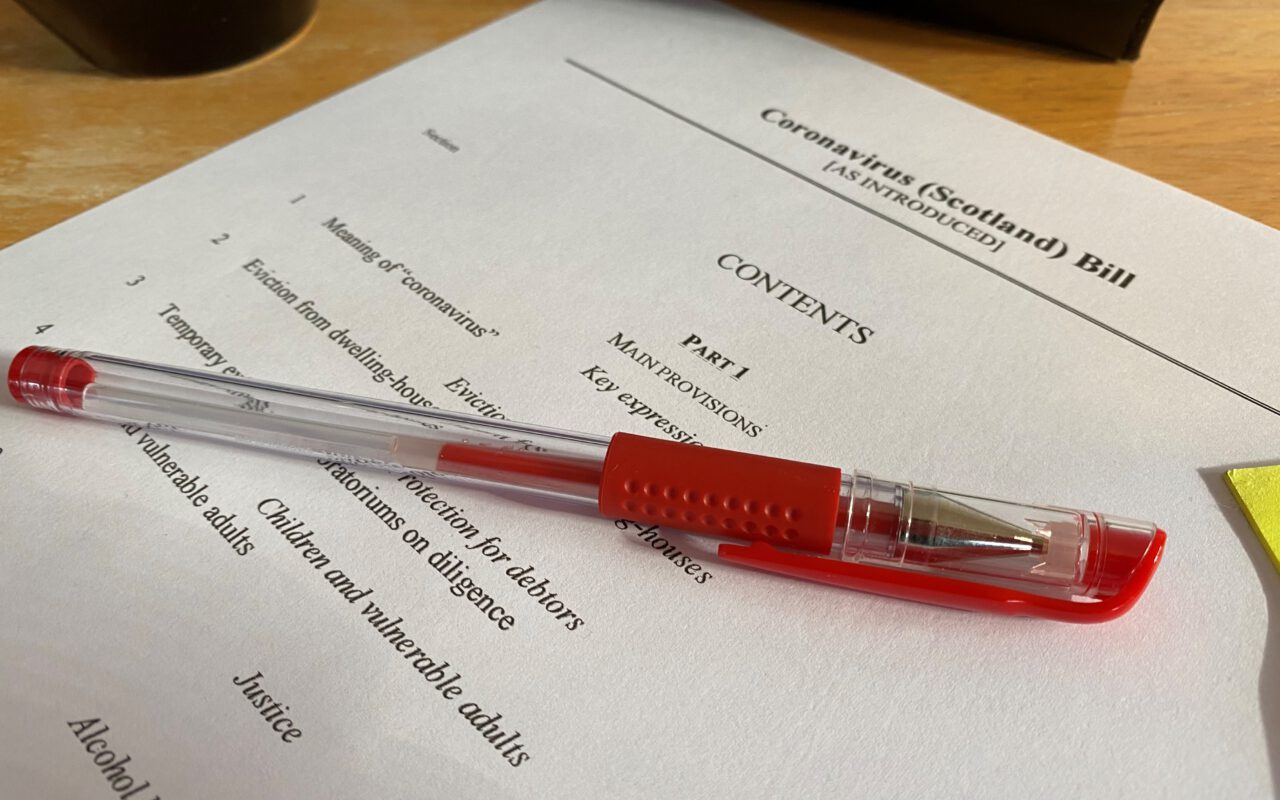Despite a ruling from the UK Supreme Court in 2015 (ParkingEye Limited v. Beavis [2015] UKSC 67 https://www.supremecourt.uk/cases/docs/uksc-2013-0280-judgment.pdf), it has remained a common myth that “Parking Charge Notices” do not need to be paid. These are charges issued by private car parking companies; these are entirely different to Penalty Charge Notices and Fixed Penalty Notices, which are given by traffic wardens and police officers. Many believe that Parking Charge Notices are illegal, or that if they are indeed legal, they can only be enforced in England and Wales. However, a Scottish court has put to bed such misconceptions – in January 2017, one female motorist in Dundee was ordered to pay £24,500 for breaching the terms of a residential car park on over 200 occasions (Vehicle Control Services Limited v. Mackie [2017] SC DUN 24 http://www.scotcourts.gov.uk/search-judgments/judgment?id=a48631a7-8980-69d2-b500-ff0000d74aa7).
What is the law?
At its core, it is a three-part test:
- There must be adequate signage within the car park making you aware of the (‘take it or leave it’) terms and conditions of parking. The signposting must be located in clear, well-lit places, and written in large, readable writing. By parking, you agree to the terms of the private parking company; this forms a contract between you and the private company.
- The private parking company must have a “legitimate interest” in protecting the land which you have parked on. This is usually not an issue; the legitimate interest is likely to be on behalf of the parking company’s clients (i.e. the car park owner). For example, if Tesco were to contract with a private parking company to manage its car park, the private parking company would have a legitimate interest to protect the car park on behalf of Tesco.
- The charge must not be excessive. While parking charges are costly and undesirable, it must be stressed that the Court in ParkingEye did not deem an £85 charge to be unreasonable. Rather, the Court gave weight to the recommendations of the British Parking Association that a charge should not exceed £100.
If all of these requirements are met, the charge is legally enforceable and you are liable to pay.
Can I avoid paying?
If you can argue that one (or more) of these requirements has not been satisfied, or that there are some mitigating circumstances, you can notify either the private company or the car park owner of the reason for your refusal to pay. In the event that you intend on doing this, it is recommended that you supply evidence which supports the reason for your refusal.
However, the courts have not found Parking Charge Notices to be ‘unfair’ with regard to consumer rights. Despite the fact that this assessment was made in respect of the old Unfair Terms in Consumer Contracts Regulations 1999, which are now replaced by the Consumer Rights Act 2015, the same test for ‘fairness’ continues to apply.
But, will it actually be enforced?
Parking Charge Notices are legally enforceable and if the requirements are met, proceedings can be brought against you. However, the question remains whether the charge will in fact be enforced in practice. When one considers the expense, time and effort involved on the part of the company in raising proceedings particularly when many such companies are based in England and proceedings would need to be raised in the Sheriff Courts of Scotland, it is perhaps unlikely that matters will proceed beyond threatening correspondence. But, would you take the chance?
Further food for thought
Despite the clarity that recent judgements have provided, there still remains considerations:
Now that there exists clear Scottish authority, where it was previously more dubious, will we see a rise in the number of private parking companies taking Scottish motorists to court over unpaid Parking Charge Notices?
What if you were not the driver of the car at the time? Can the registered keeper of the car be compelled to disclose the driver’s details?
With the issue of Parking Charge Notices becoming evermore frequent, is further guidance from Parliament required?
Ross produced this guest blog for us during his time with us this Summer. He is a Student at Strathclyde University and having completed his undergraduate degree is about to begin his Honours year. Ross excelled during his time with us and we wish him every success in his future legal career.








